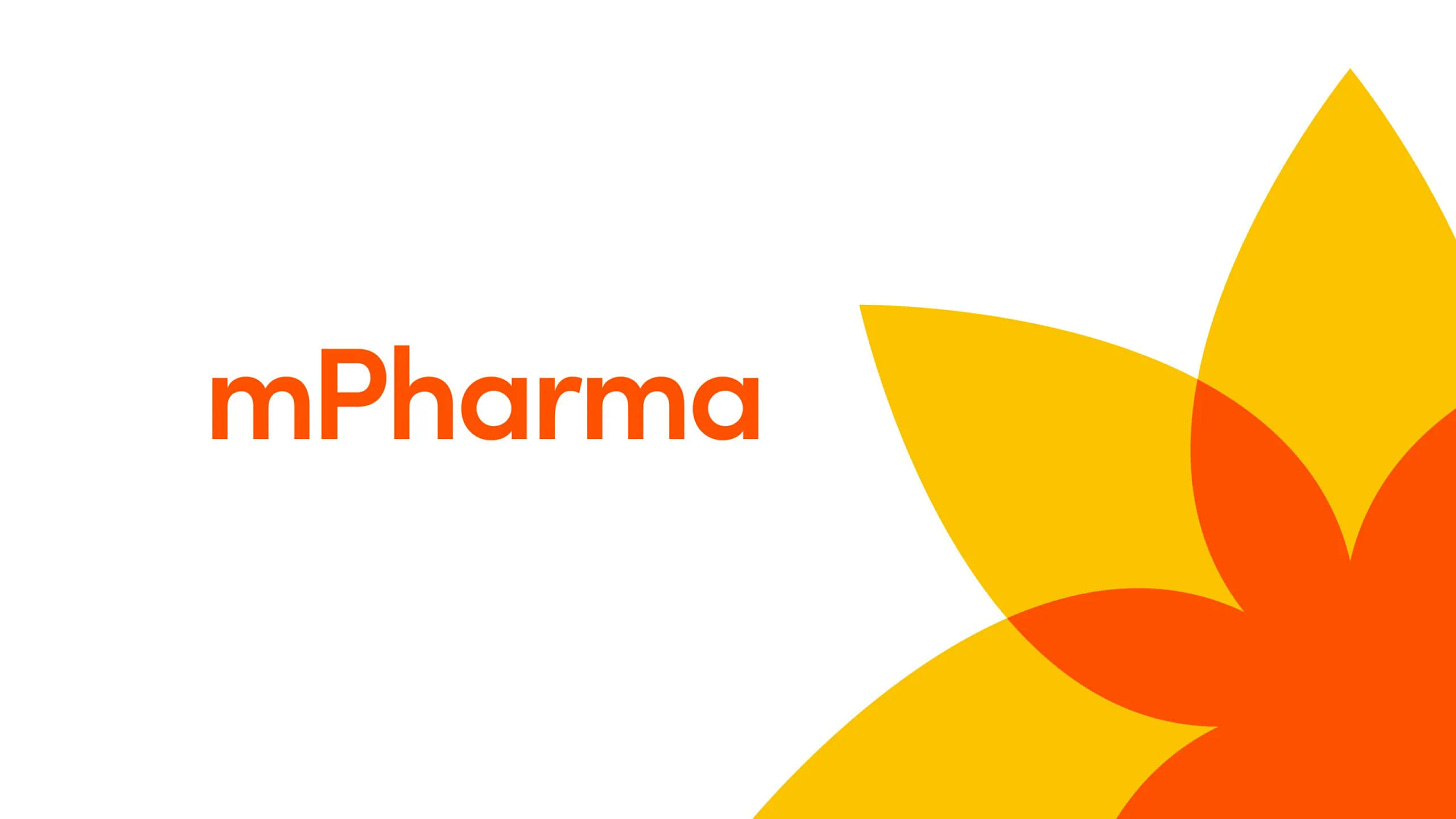mPharma: shifting Africa's healthcare paradigm
Inventive in its business model, strategic in its acquisitions, and steadfast in its vision, mPharma has been upending the African healthcare system one pharmacy at a time.
The Realistic Optimist provides weekly, in-depth analyses of some of the most relevant stories in our now-globalized startup world. Subscribe below to receive it directly to your inbox and don’t hesitate to share it with your colleagues :)
A problem worth solving
Gregory Rockson was faced with a choice. He could either stay in the US (where he earned his bachelor’s) and live the techie life in San Francisco or return to his home country of Ghana to disrupt the local healthcare system. I wouldn’t be writing this story if he hadn’t chosen the latter.
Suffering from a medical condition of his own, Rockson recalled the struggles his parents had to endure to secure his medication during his childhood. The African medicine supply chain was notoriously hindered by poor logistics, destitute infrastructure, and a corpus of inefficient middlemen. This led to medicine stockouts and as Gregory would later find out, large amounts of medicine being thrown away due to lackluster inventory planning.
Alongside co-founders Daniel Shoukimas and James Finucane, Rockson launched mPharma’s operations in 2013. The company’s first stab at the issue was an e-prescription platform, enabling doctors to easily check where the medicine they wanted to prescribe was available. However, Rockson’s team quickly realized that despite the platform’s best efforts, the problem of medicine availability and affordability remained.



